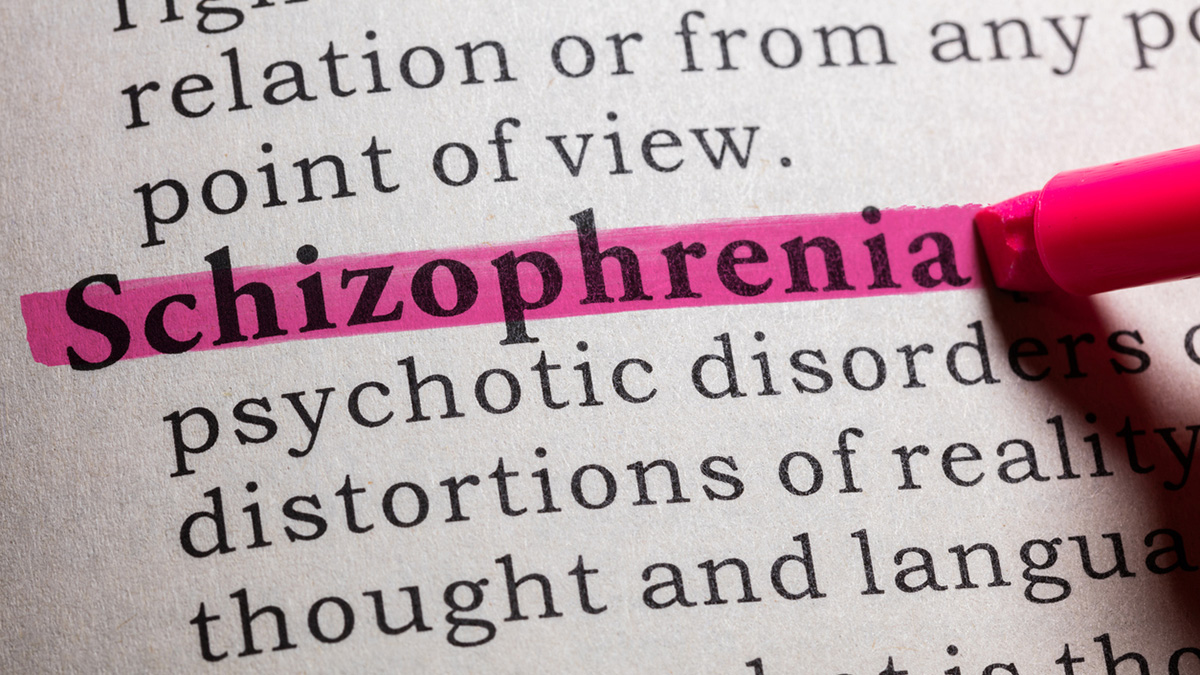Minerva slumps as FDA finds fault with schizophrenia filing

Shares in Minerva Neurosciences have lost more than half their value after the FDA rejected its marketing application for roluperidone as a treatment for the negative symptoms of schizophrenia.
In a complete response letter (CRL), the US regulator pointed to various deficiencies in the clinical data filed in support of roluperidone and said Minerva would have to run a new clinical trial before it could accept another marketing application.
Roluperidone (MIN-101), which blocks serotonin, sigma, and α-adrenergic receptors, is designed to avoid the blockade of dopamine receptors that are associated with side effects seen with older antipsychotic drugs.
It failed a phase 3 trial in 2020, but subsequently showed evidence that it may be able to target the negative symptoms of schizophrenia – such as apathy and social withdrawal – that remain stubbornly resistant to treatment with current therapies.
Despite the missed result, Minerva pressed ahead with a regulatory filing specifically for treating negative symptoms of schizophrenia, only to be knocked back at its first attempt when the FDA deemed the dossier inadequate.
The agency subsequently changed its mind and started a review, but has now concluded that a single study “is insufficient on its own to establish substantial evidence of effectiveness,” according to a Minerva statement.
Other deficiencies in the application include a lack of data on concomitant administration of other antipsychotics, while the study included too few patients exposed to the drug at the proposed dose (64 mg) for at least 12 months and was unable to show that the effect on negative symptoms was clinically meaningful.
“We are disappointed that the FDA has not approved roluperidone and will request a meeting to discuss the issues raised and attempt to address FDA’s feedback,” said Dr Remy Luthringer, Minerva’s chief executive.
Shares in the company lost more than 58% of their value after the announcement, as investors digested the news that another trial would likely be required, introducing a considerable delay to what is Minerva’s only clinical-stage programme.
It previously had a co-development agreement with Johnson & Johnson’s Janssen subsidiary for antidepressant seltorexant, now in phase 3, but opted out in 2020 and sold off its royalty interest to Royalty Pharma.
Aside from roluperidone, its only development candidate is MIN-301, a recombinant form of the neuregulin-1β1 protein in preclinical testing as a Parkinson’s disease therapy.
The CRL shows once again that the effort to end decades of stagnation in the development of new therapies for schizophrenia remains challenging.
Last year, for example, Sumitomo Pharma America and Otsuka’s TAAR1/serotonin 5-HT1A agonist ulotaront failed a pair of phase 3 trials, dousing hopes that it could offer an effective treatment with much-improved tolerability compared to current therapies, while a drug in the same class from Roche, ralmitaront, also failed phase 2 testing and no longer appears in its pipeline listing.
The next hope for a new treatment is Karuna Therapeutics’ recently-filed KarXT, which combines a muscarinic agonist (xanomeline) acting in the brain with a muscarinic antagonist (trospium), designed to prevent side effects in peripheral tissues. The FDA is due to deliver a verdict on that application in September.













